Nanjing classifies its domestic waste primarily into recyclable waste, hazardous waste, food waste, and residual waste (other waste).
(1) Recyclable Waste: Refers to domestic waste suitable for recycling and reuse, mainly including paper, plastic, glass, metal, and fabric.
Disposal requirements: Ensure that the items are intact, clean, and dry to avoid secondary pollution. Paper waste should be kept flat. Fragile items or items with sharp edges should be placed together with packaging materials or wrapped before disposal. Bottles (such as cola bottles, milk cans, yogurt boxes, laundry detergent barrels, shampoo bottles, etc.) should be emptied and cleaned before disposal. Instead of being directly disposed of in recyclable bins, large pieces of cardboard, foam boards, etc. should be placed neatly at the disposal site (next to the recyclable bin) or scheduled for door-to-door collection.
(2) Hazardous Waste: Refers to domestic waste that poses direct or potential hazards to human health and the natural environment, mainly including rechargeable batteries, button batteries, fluorescent tube lights, discarded medications, insecticides (containers), and photographic films.
Disposal requirements: Packages with volatile or residual contents should be sealed before disposal. Fragile hazardous waste such as fluorescent tube lights should be packed (wrapped) and handled gently to avoid being broken into pieces. Hazardous waste generated in public places should be put into the nearest hazardous waste collection container in the neighboring streets and other public areas, and if no suitable collection container is available, it should be taken home and put into the hazardous waste site in the residential compound.
(3) Food waste: Food waste refers to perishable domestic waste, including household food waste and other food waste. It mainly includes household kitchen waste such as vegetable scraps, fruit peels, leftovers, and discarded food; food waste such as food residues, processing waste, and edible oils from canteens of catering establishments, institutions, military units, schools, enterprises, and other places; and other food waste such as vegetable and fruit scraps, spoiled meat, discarded meat scraps, bones, aquatic products, and animal viscera from agricultural markets.
Disposal requirements: Food waste should be collected separately from other types of waste from the moment it is generated, and should be drained of water before disposal. Leave toothpicks, tissues, plastic bags, and other items out of food waste. Packaged food should have its packaging removed before being disposed of, and then put the packages into suitable bins.
(4) Residual waste (other waste): Residual waste refers to waste that doesn’t fall under the aforementioned three categories.
Disposal requirements: domestic waste with complex contents that are hard to classify or already contaminated should be placed into the residual waste bin while keeping the surrounding area clean.
(5) Notes:
Regarding the following items, citizens can either book recycling services or put them at locations designated for large item waste by the management personnel:
Items that are large, highly integral, or need to be disassembled and reprocessed such as sofas, wardrobes, desks, mattresses, and other wooden furniture;
Large household appliances such as televisions, refrigerators, and washing machines.
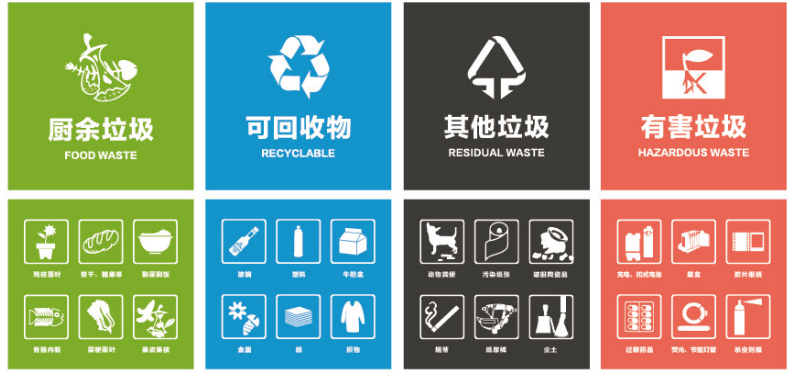
Source:english.nanjing.gov.cn




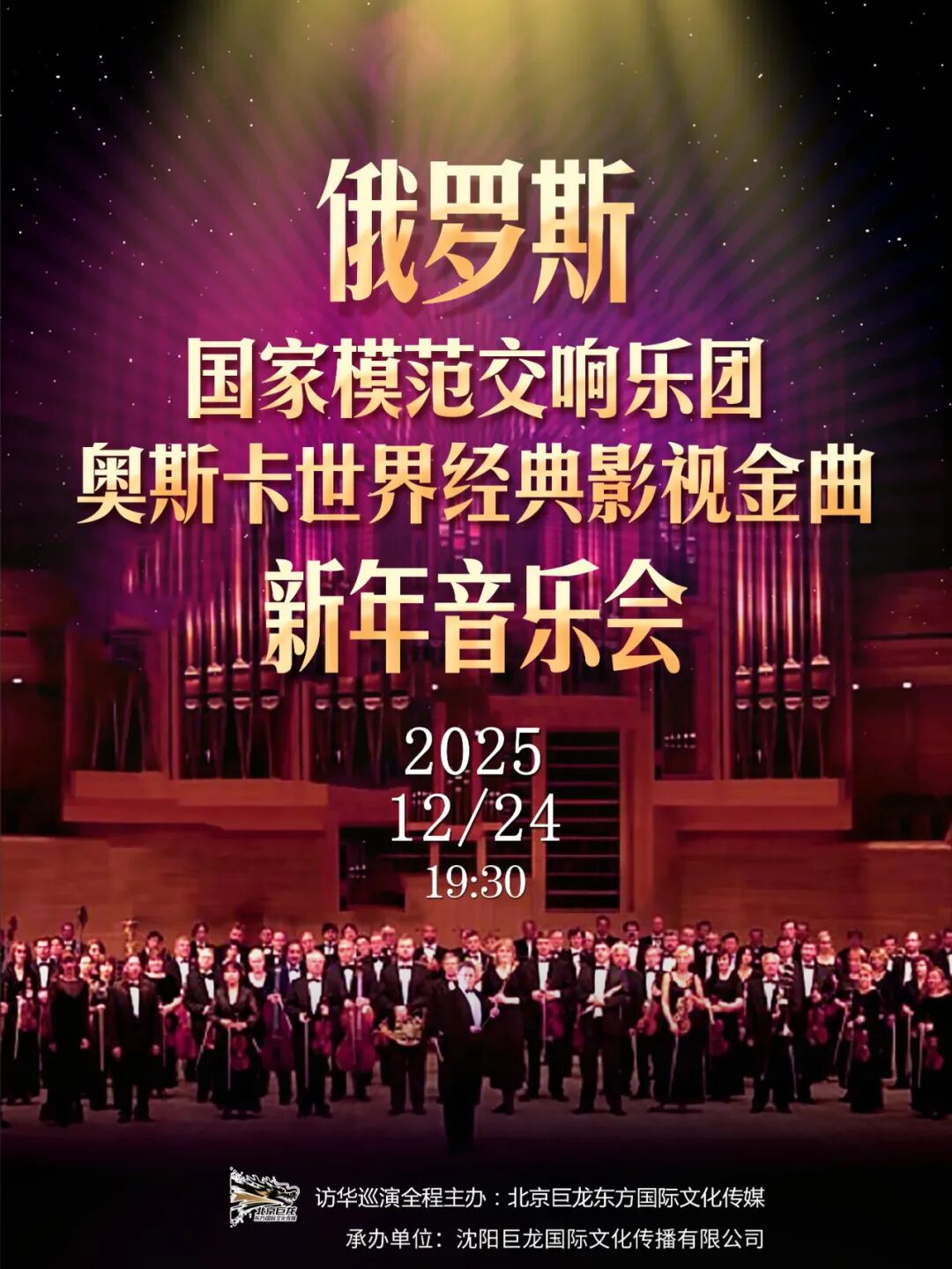



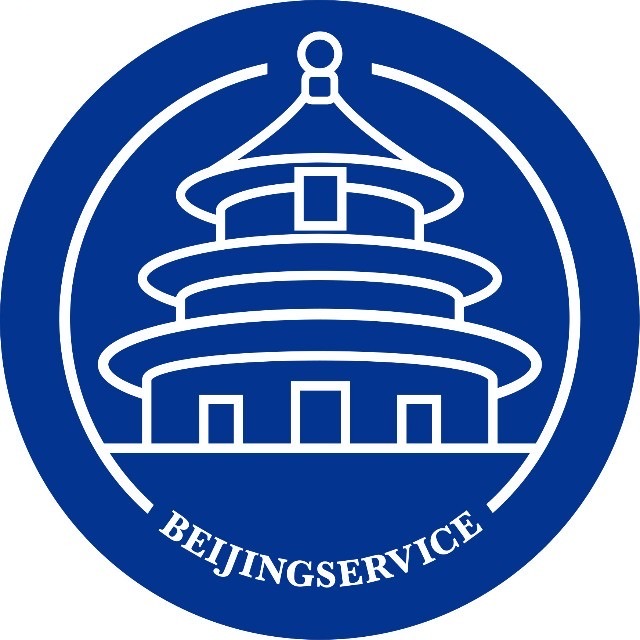




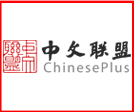
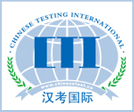
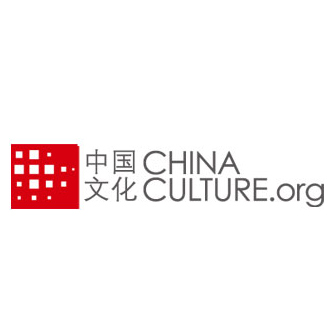
 京公网安备
京公网安备